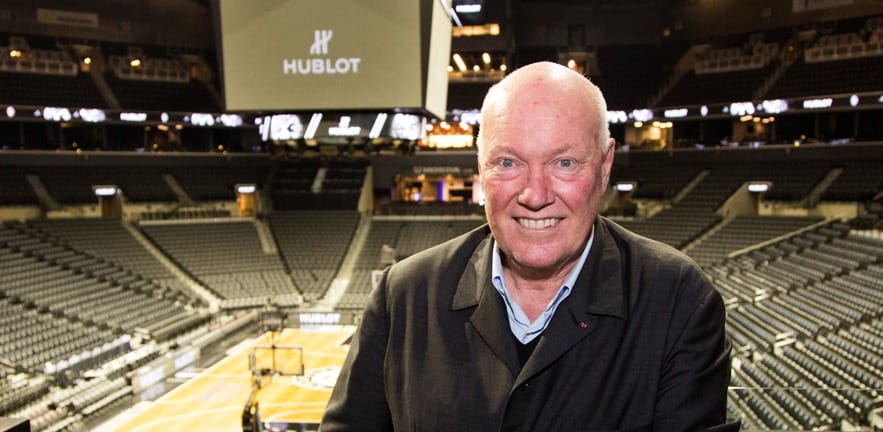Jean-Claude Biver, Chairman of Hublot, discusses the importance of learning from setbacks and being supported in both success and failure.

People are motivated at work if they feel the team is their family. People feel very confident and at ease when they know that you will share with them doubts, failures and success – and that you will respect them for their contribution and forgive their mistakes and failures. The team leader has to share the success which should belong to the team (not to him) and take responsibility for the failures.
It’s an art to develop people and their skills. It’s important to discover the limits of each member of the team. Never ask anybody what they are not good at.
My first boss at Omega was a great mentor. He was able to transmit trust and confidence because he was endorsing our mistakes and sharing his success. That was certainly the biggest contribution a mentor could have given me.
The lesson I learned early in my business career is to be First, Different and Unique. This lesson has stood the test of time and has never changed since the beginning of my career, and is still one of the fundamental rules for me.
Young people just starting out in business should stay humble and honest. Never stop learning, go for simplicity, and be pragmatic instead of theoretical.
Authority in business should be driven by competence rather by hierarchy. Authority has to come from consensus decision-making rather than dictatorial behaviour. Authority is shared rather than imposed.
A key to balancing work and family is to have a family which helps you succeed instead of a family which is jealous of your absences and success. Having the “right” family is certainly the most difficult part of your business. But you have to share love and share sufficient quality time in order to get the family on your side.
A businessman is like an athlete. He must dedicate a lot of time to his job, must sacrifice part of his life for his business, and need a lot of energy. He also needs a lot of patience and discipline, and needs to be able to transform defeats into victories.
We can only encourage more boldness by taking away apprehension of failure. We need to teach that in each failure there is a positive and dynamic lesson to learn from, which will bring us closer to success.

